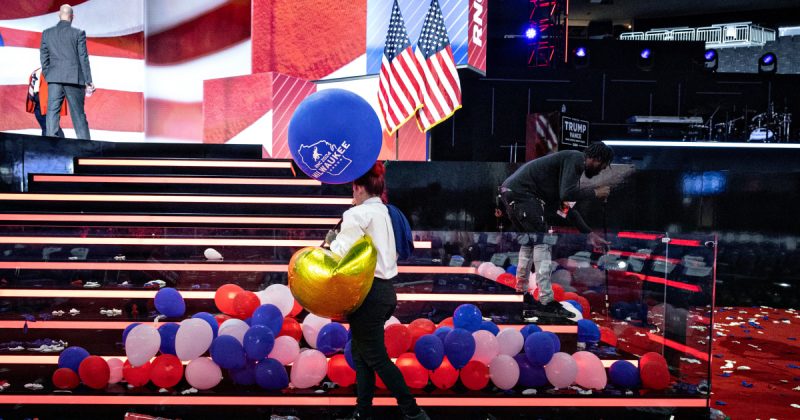
A recent NBC News Stay Tuned Poll reveals a growing trend among young Americans: a significant rejection of the traditional two-party system. The poll, surveying nearly 20,000 adults, highlights a deep dissatisfaction with both the Democratic and Republican parties, particularly among independent voters in the Gen Z and Millennial generations.
Among independent voters, a staggering 64% view the Democratic Party unfavorably, while 71% hold a negative opinion of the Republican Party. These figures remain remarkably consistent across Gen Z independents, indicating a widespread disillusionment that transcends age demographics within this group. Furthermore, Gen Z and Millennials are significantly more likely than older generations to identify as independent, suggesting a potential shift in the political landscape.
This dissatisfaction stems from various concerns. Many young independents express frustration with the perceived corruption and focus on fundraising over effective governance. Nathan Gong, a 19-year-old University of Texas student, exemplifies this sentiment. While holding traditionally conservative beliefs, he identifies as an independent due to his belief that both parties fail to adequately address the needs of their constituents, prioritizing fundraising over legislative action.
Similar concerns are echoed by Jack Nagel, a 26-year-old independent Californian working for a startup supporting independent candidates. He criticizes the Democratic Party for inaction and a lack of a clear message, and the Republican Party for its perceived dominance by a single individual (President Trump). This sentiment of political homelessness – lacking a party that aligns with their values – is a common thread among many young independents.
The poll underscores this feeling of disconnect. A significant majority (65%) of Gen Z independents believe neither party fights for their interests, and a substantial 78% feel the country is heading in the wrong direction. Disapproval of President Trump’s performance is also widespread, with 67% of all independent voters expressing disapproval, and a striking 48% of Gen Z voters strongly disapproving, a sentiment especially prevalent among Gen Z women.
Natasha Mizell, a 25-year-old first-generation American, highlights another factor contributing to this disillusionment: political extremism. She argues that the increasingly extreme rhetoric from both parties, particularly from the President, pushes young voters away from choosing the ‘lesser of two evils.’ Instead, she believes her generation is prepared to challenge the established system and elect independent candidates who better represent their values.
While a record number of independent voters participated in the 2024 presidential election, systemic barriers remain. Closed party primaries in many states prevent independents from fully participating in every election. Past failures of third-party and independent candidates also contribute to skepticism about their electability at the national level.
However, the growing frustration and disillusionment with the two-party system is fueling a grassroots movement. Nagel, along with others, emphasizes the importance of focusing on local and state-level elections, where independent candidates have a greater chance of success. This ground-up approach is seen as a crucial step towards broader political reform, paving the way for a more representative and responsive government at all levels.










